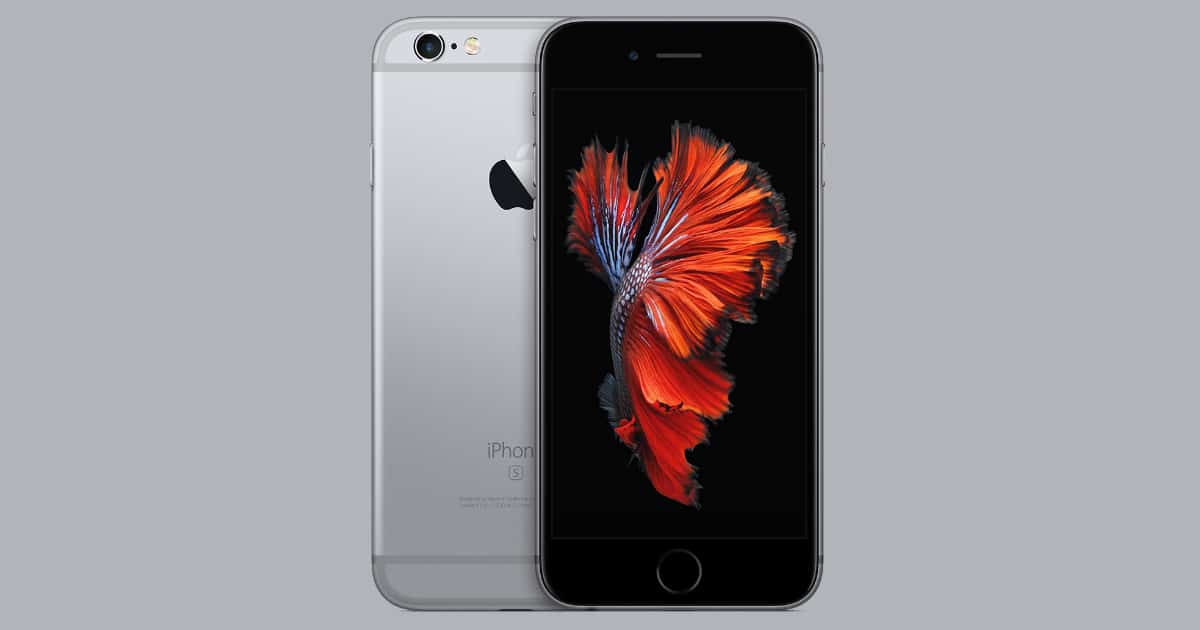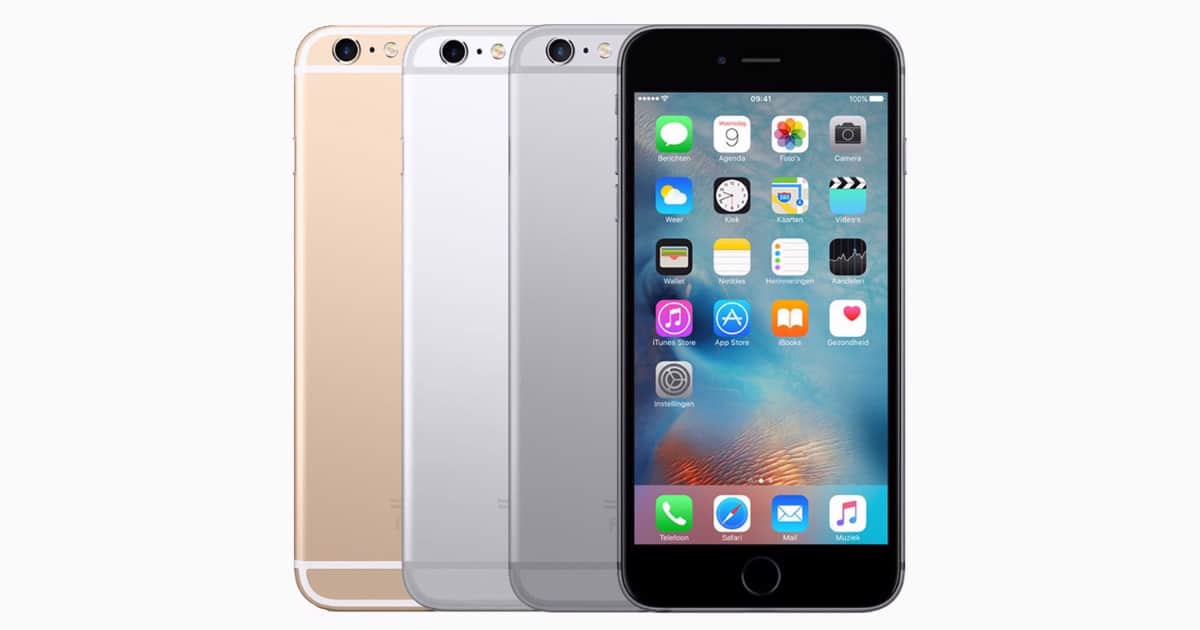A South Korean court dismissed a $1.64 million (2 billion won) lawsuit against Apple related to the throttling issue affecting iPhone 6 and iPhone 7 series models.
In 2017, the ‘batterygate’ scandal originated when customers noticed that their devices were slowing down after downloading the latest iOS version. At the time, Apple admitted that the updates did slow down older phones to prevent their aging batteries from deteriorating further and devices from unexpectedly shutting down.
However, critics and users questioned whether the move was designed to prompt more sales of the new iPhone models just like many Koreans.

South Korea gave Apple relief over iPhone throttling issue when the US did not
Five years ago, more than 9000 Korean iPhone users sued the tech giant for deliberately releasing an iOS update that slowed down their smartphones. Plaintiff argued that Apple did not warn or notify users that the update would throttle their devices because the company wanted them to purchase newer models.
But the judge sided with Apple which defended the move as a way to preserve batteries and not sell new products. The ruling simply dismissed the case without giving reasons for the dismissal, denying plaintiffs 200,000 won each in damages and leaving them to pay attorney fees. The Korean Herald wrote:
A South Korean court ruled on Thursday that Apple did not deliberately slow down the performance of its iPhone handsets, dismissing some 9,800 Korean smartphone buyers’ lawsuit for 2 billion won ($1.64 million) against the United States electronics giant.

Even though the tech giant was saved in Korea, it has not been lucky in the United States and other parts of the world over the throttling issue. To settle the same case, the company agreed to pay $113 million to settle the same case in the United States in 2020, and $3.4 million in Chile in 2021. It faces multi-million dollar lawsuits in the EU, Italy, and Portugal.
Therefore, the verdict has made the plaintiffs’ lawyer question the country’s judicial system.
Hannuri, the law firm representing the users, said in a statement Thursday that the ruling highlighted the need for changes in Korea’s judicial system such that all of those aggrieved by wrongful conduct do not have to be present at the suit, as well as a discovery process to force plaintiffs and defendants to reveal evidence to be presented from the beginning of the trial.